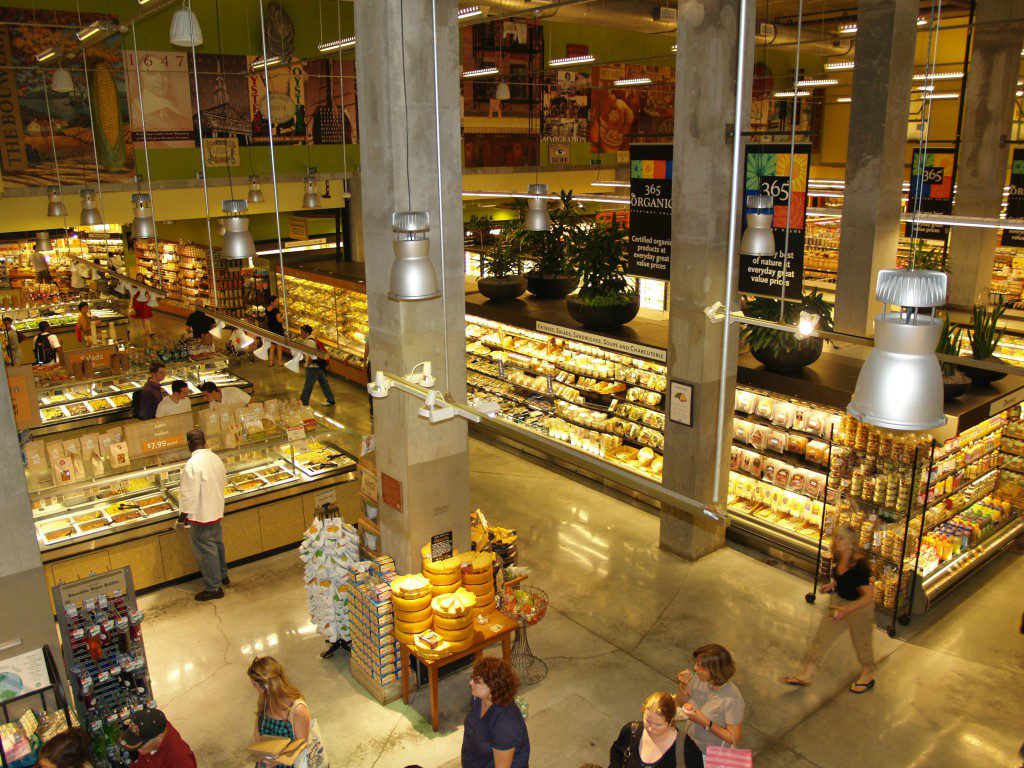Smaller Retail Stores are Smarter Business, Says Drucker School Professor

Smaller, more compact versions of large supermarket chains such as Whole Foods are coming soon to a city near you.
Professor Jay Prag, who teaches business and economics at Claremont Graduate University’s Drucker School of Management, contributed to a recent Los Angeles Daily News article on the increasing presence of grocery retail chains in dense urban areas.
More “value-oriented” stores such as Wal-Mart and Target have seen the advantage of a presence in cities as well. With the rising rates of gentrification, retailers with higher price points like Whole Foods have learned the benefit of placing the smaller store models in urban centers, where household income is often $50,000 and up.
Whole Foods 365 is meant to appeal to young, professional city residents.
“[The concept] tips our hat to our popular 365 Everyday Value brand, which our shoppers seek out for quality, transparency and great value — the same attributes to come with our smaller-store format. We’ll work up a modern, consistent design, use innovative technology and carefully choose just the right product mix to ensure an efficient and rewarding shopping experience” reads the chain’s website.
Three Whole Foods 365 stores will open in the LA area and the Pacific Northwest this year, with three more locations planned in 2017. Professor Prag noted that the smaller store model just makes sense for retailers.
“Inventory is the biggest expense day-to-day for a large grocery store, and if you don’t have a tremendous amount of foot traffic, if people are not coming in as often as they used to, that’s a complete waste of money.”
With the smaller store model, the retailer only stocks the most popular items that turn the most quickly.
